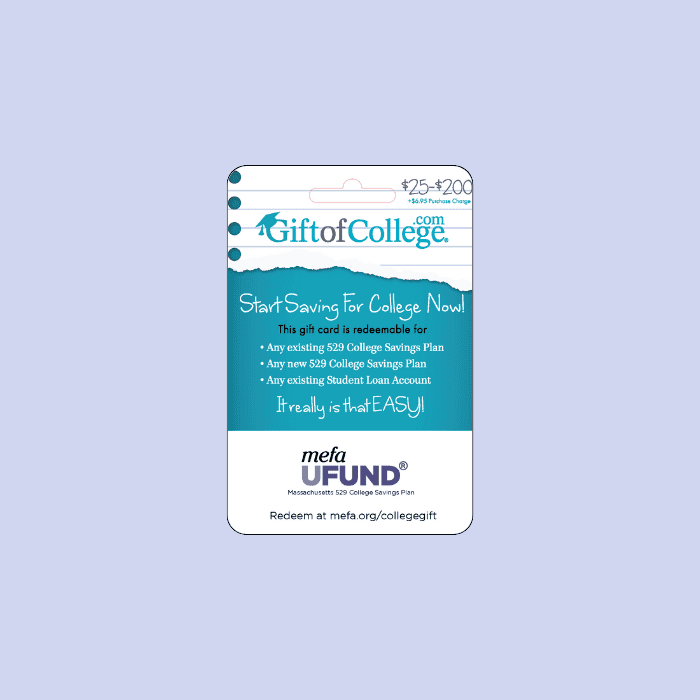Every student has their own post-secondary path. Whether they take a gap year, move into a trade, or decide that a 2-year school or a 4-year school is the right fit, there are numerous choices available. One that isn’t discussed a whole lot is attending a post-graduate program. Our own Chief Marketing Officer, Penny Hauck, agreed to talk to us more about her family’s experience traversing the process of applying, choosing, and attending a post-graduate program.
SC: What is a post-grad program?
PH: The way I describe a post-grad program is an extra year of high school, to better prepare for college.
SC: What is the length of the program?
PH: The length is one year.
SC: Why would a student attend a post-grad program?
PH: We chose to send our son to a post-grad program so that he has an extra year of academics and competition in sports. Given the pandemic interruption, we wanted to give him another year of high school.
SC: What’s the admissions process like for a post-grad program?
PH: The admissions process is similar to the college admissions process. Our son had to set up an online account, submit test scores, transcripts, and letters of recommendations, write essays, participate in interviews, and, in some cases, go on visits. One additional aspect to this was submitting videos and having conversations with coaches for sports teams. Our son wants to play one more year of hockey and lacrosse.
SC: Are programs housed at traditional high schools and/or colleges or at separate institutions?
PH: Students live in on-campus housing at separate institutions. They are independent schools—private schools and sometimes referred to as preparatory schools.
SC: What has been your experience learning about and applying to post-grad programs with your high school senior?
PH: It’s been an awesome process and has forced us to talk about academics, sports, and why this matters. It’s a turning point in our lives and one that we have been planning for (in regards to college), however this additional ‘stop’ at a post-grad is not something we had planned, but rather came about as an opportunity as we talked more and more with our son. He is a young student for his grade and we thought entering college at this point in his life seemed too soon. We feel that this experience will open him up to more opportunity and experience—a softer launch into the college years rather than a steep dive into the deep end.
As students reach the end of high school, they should feel good knowing that there is more than one way to continue their educational journey. Post-grad programs are just one more opportunity to explore the future.













